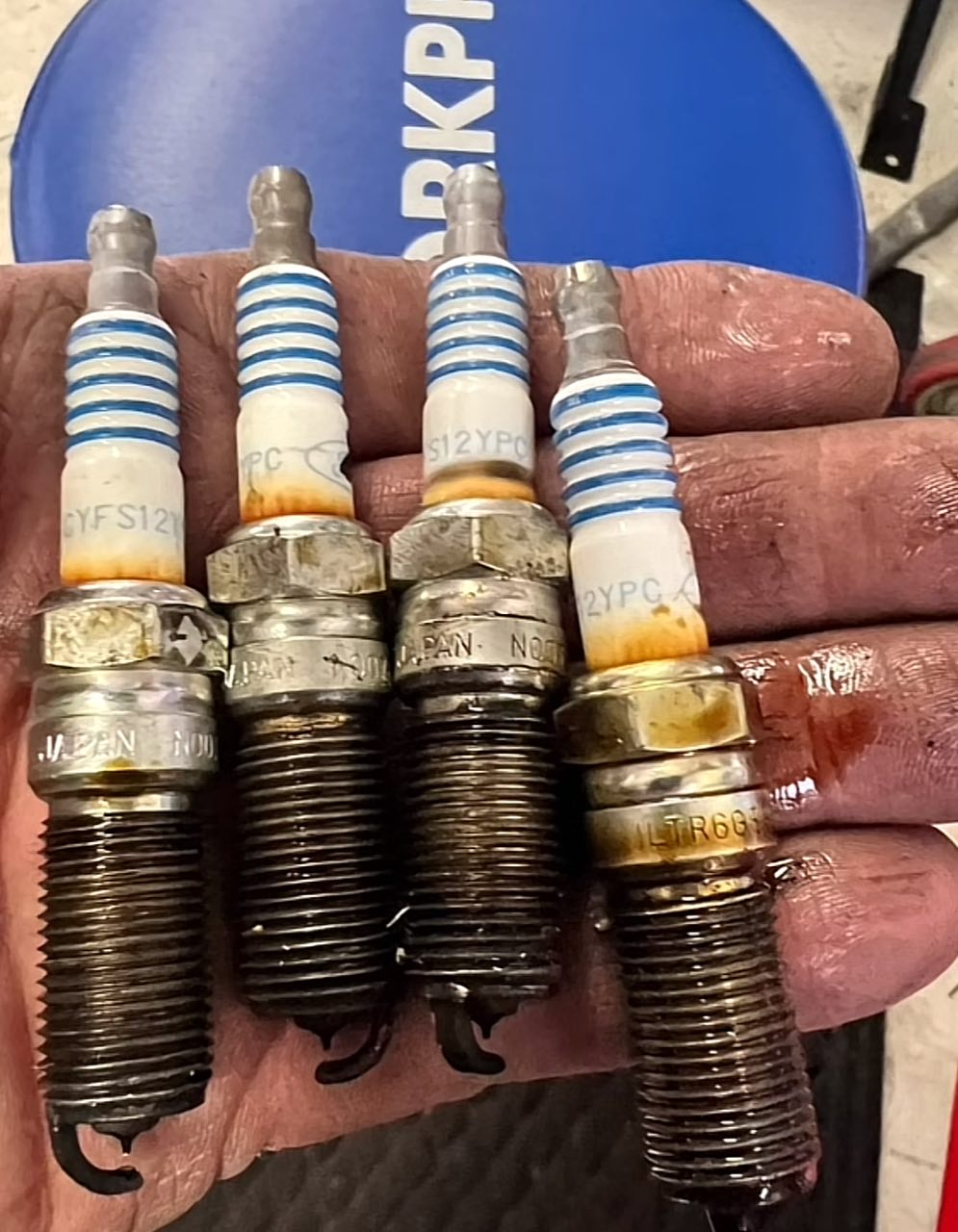The spark plugs in your vehicle are crucial in igniting the fuel-air mix, enabling your engine to operate. As such, it is important to monitor these components and ensure they are running as they should be. One issue you may encounter with these spark plugs is the oil on their threads, which can lead to many issues. In this article, we will discuss what causes oil on spark plug threads and what solutions exist if you find yourself in this situation. We will discuss how to prevent oil from getting onto the threads to avoid future problems and what steps to take if the oil has already reached your spark plug threads. By understanding how oil can get onto these components and the associated problems it can cause, you will be better equipped to make sure your car runs optimally for years to come.
Causes of Oil on Spark Plug Threads

Symptoms of Oil on Spark Plug Threads
The symptoms of oil on spark plug threads are relatively easy to recognize. If the oil has already reached the spark plugs, the engine may produce louder and harsher sounds than usual, indicating a misfiring issue. The oil will prevent proper ignition due to a lack of spark. Additionally, your vehicle’s performance may suffer as it may produce less power than expected or take longer to accelerate than usual. You might also notice that your car is using more fuel than before. These signs suggest an issue with your spark plugs, and it’s essential to address it promptly to prevent additional damage.
Preventive Measures to Take to Avoid Oil Build-up
To prevent oil build-up on spark plug threads, it is important to follow a regular maintenance schedule for all of your vehicle’s components as recommended in its owner’s manual. It includes checking for worn piston rings or valve seals and checking for any malfunction in your PCV system or other related components. You should also regularly check your fuel mixture for any irregularities and make sure it is running smoothly and efficiently. Finally, if you are experiencing any misfires or difficulty starting your engine despite following regular maintenance procedures, then it may be time to get professional help from a certified mechanic who can inspect all related parts of your car’s engine, including its spark plugs.
Solutions for Cleaning and Fixing Oil-soaked Spark Plug Threads
If you have already identified that your spark plug threads are oil-soaked, there are a few solutions available. The first thing to do is to replace the spark plugs with new ones, as they will likely be too damaged to be cleaned or fixed. The next step is to thoroughly clean and inspect the threads of the empty cylinder head for any debris or damage before replacing them with new spark plugs. If you notice any oil residue in the cylinder head or on the threads, it is vital to use a solvent cleaner such as WD-40 or an engine cleaning product such as QuickGum to thoroughly remove all traces of oil before replacing your spark plugs. Additionally, it may also be necessary to replace any worn piston rings or valve seals if they are causing excessive amounts of oil build-up onto your spark plug threads. Additionally, Identifying Wrong Spark Plug Symptoms can prevent future issues with oil-soaked threads.
Conclusion
Oil on spark plug threads can be caused by various issues ranging from worn piston rings or valve seals to excessively rich fuel mixtures and malfunctioning PCV systems. It is essential to identify the cause of your oil build-up to address the problem properly and prevent it from occurring again. Additionally, you should also inspect your spark plug threads for any damage or debris before replacing them with new ones if needed. Lastly, it is essential to follow all recommended maintenance procedures and look for any signs that could indicate a problem with your vehicle’s engine components. By understanding what causes oil on spark plug threads and how to clean and fix them effectively, you can prolong the life of your car’s engine for many years.

